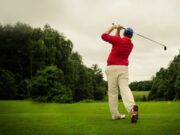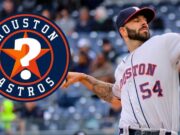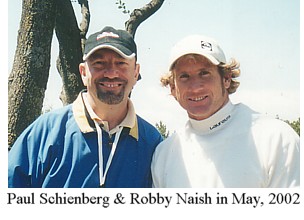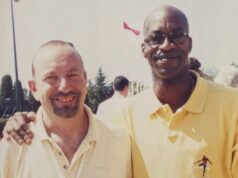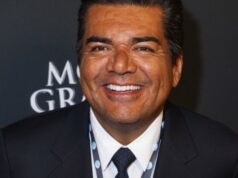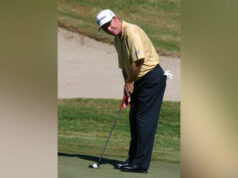With Paul Schienberg, Ph.D.
Robby Naish is widely acknowledged as the greatest windsurfer of all time. He shocked the sport by winning his first world championship at age 13 in 1976 and then proceeded to win another 22 world titles over the next 16 years. Born in La Jolla, California just over 38 years ago, Robby currently lives in Hawaii where he regularly participates in one of his new found loves, kite boarding. He sat down with Psyched and discussed some of the mental aspects he used for training and competing during his career.
Psyched: What is it that an exceptional athlete like yourself does mentally to make them so successful?
Naish: What I see within my group of athletes is that there are three different types. There is the ones that have incredible talent, but they are like a flash in the pan – but they lack the focus to be consistent enough to stick around. They win an event and then get interested in something else – like women or glory – or whatever it is. For some the thrill of victory is not enough to keep them motivated. They move onto something else. The ones who are super successful have natural talent – it didn’t matter what they did – they could be a basketball player – windsurfer – they would have been successful – whether a snowboarder – the got coordination and natural ability that fits in their sports.
P: What are the attributes in your sport that makes it necessary for success?
N: Quick coordination. Not being too big or too small. Nimble. Powerful. The guys that are the best are just so good to begin with. Then there are the other group of athletes that don’t have the natural talent. They just work hard at it. They are dedicated and committed and they work three times harder as the ones with natural ability. But, they can be competitive because of the work they put in. Those guys are willing to train eight hours a day. Completely focused and regimented diets. People like myself is in between. I don’t have the diet. Don’t have the training program. Good at sports I enjoy – surfing – board riding – snowboarding – windsurfing. The enjoyment of it was driving me. To stay competitive so long was the commitment – the fact that I could focus on that and not on other things – when you are 18 your life is pure and simple – the older you get the more you acquire baggage. Mental baggage and physical baggage – responsibility, family, business. Balancing out those responsibilities and still stay focused like an 18 year old keeps you going.
P: What do you do with anxiety around an event?
N: If I get too up tight, it isn’t good. If I get too relaxed it isn’t good. I know I’m not into it enough. Not nervous – not having butteryflies means I’m not that into it – even after all these years. I have to be nervous to be 100%. It means something to you. It is the fear of losing more than the thrill of winning that keeps you performing at such a high level. Winning is cool but losing really sucks. And when you have been at the top, the fear of losing is one hell of a driving force to me.
P: Do you work out hard?
N: If I was in my sixties, I would work out very hard. When I look in the mirror and don’t see something I like, I start to immediately work on it. It is tough. I am competing against guys who are half my age. I haven’t had a physical problem yet. It is more mentally that I try to stay immature enough to sacrifice your body, time, family, responsibilities to be good.
P: Would you hire a sports psychologist?
N: Yeah. If I was all of a sudden slipping to twentieth place, I would want someone to help show me what was going wrong mentally.
P:Can you tell me a little about your competitive history?
N: I started when I was 11 in Hawaii. Did it through high school. Won the state championships in 1976. Got me a free ticket to California and the nationals. I won there. I won in the Bahamas in 1976. Went from free ticket to free ticket. The sport turned pro in 1981. It was perfect timing. Competed as a pro from 1981 to 2001. I was ranked number one until 1987 and then went between second and third over the next 10 years. Within the sport of windsurfing there are different categories: the wave, the slalom, the overall world cup winner, etc. I have 24 world titles in different categories. Three years ago I started kite-boarding which is an extension of surfing with a big kite. I do mostly kite-boarding. Same skills. Much more technical.
P: When you find yourself behind in a race, is that helpful or does it work against you?
N: Play better when I am in front. If I get too far behind, I’m finished.




